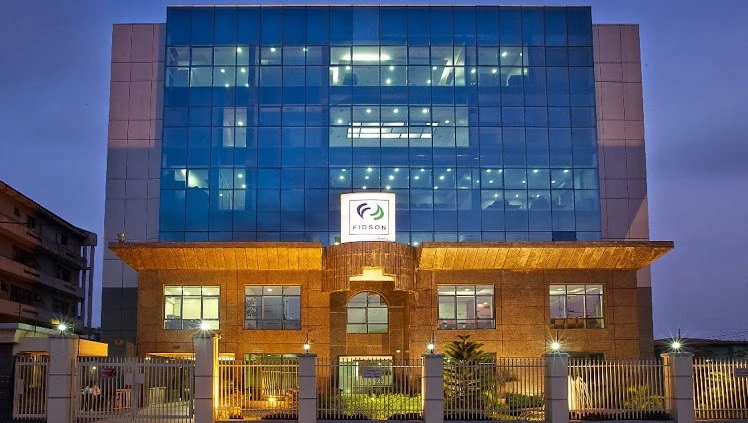Peter Uzoho
The present hunger in Nigeria may worsen as acute food insecurity looms with agricultural production in the Middle Belt region of Benue, Nasarawa and Plateau have dwindled due to the escalating conflict between herders and the farming communities.
The farmer-herder clash has been a major issue of great concern confronting the country owing to its political, social and economic implications, and has defiled all measures and attempts aimed at resolving it.
In its latest report on the intractable farner-herder conflict in Nigeria, titled: “A Threat to National Stability,” SBM Intelligence, an Africa-based geographical research and strategic communications consulting firm, said the conflict in the Middle Belt has spread South while maintaining its grip on the country’s food basket.
The report put the human cost of the conflict to a staggering: over 2.2 million displaced nationwide, with 300,000 in Benue’s overcrowded camps alone.
It warned categorically that, “Nigeria’s food security hangs in the balance as the Middle Belt’s agricultural output plummets, exacerbating inflation.”
The report revealed how Nigeria’s pastoral conflict has evolved from localised grazing disputes into one of the country’s most pressing security challenges, now affecting multiple regions and threatening national stability.
It said the violence, primarily between Fulani herders and farming communities, has spread southward from its Middle Belt epicentre, intensifying in states like Edo and Ondo while maintaining its devastating grip on Benue, Nasarawa and Plateau.
“The crisis stems from complex interlocking factors. Climate change and desertification in northern regions have diminished grazing lands, forcing pastoralists south into Nigeria’s agricultural heartland. This migration, coupled with population growth and uneven development, has fuelled competition for dwindling resources,” SBM pointed out.
It noted that the conflict’s nature has transformed dramatically since 2010, with traditional dispute-resolution mechanisms collapsing as sophisticated weaponry flooded the region.
“What were once minor clashes mediated with sticks now involve AK-47s and military-grade firearms, enabling systematic violence, including crop destruction and land appropriation.
“The human cost is staggering: over 2.2 million displaced nationwide, with 300,000 in Benue’s overcrowded camps alone. Nigeria’s food security hangs in the balance as the Middle Belt’s agricultural output plummets, exacerbating inflation. The crisis has also metastasised, merging with banditry and kidnapping networks,” the report stated.
Disturbingly, it maintained that complicity within affected communities – including alleged intelligence-sharing with attackers for financial gain – has complicated counter-violence efforts.
It observed that government responses have proven inadequate, pointing out that the National Livestock Transformation Plan (NLTP) remains poorly implemented, while anti-open grazing laws face enforcement challenges and political resistance.
The report also posited that security operations provide temporary relief but fail to address root causes, adding that the conflict’s ethnic and religious politicisation, including accusations of “Fulanisation”, has further entrenched divisions.
The SBM Intelligence recommended that a sustainable resolution demands a multifaceted approach, suggesting urgent land reforms to clarify grazing rights, robust arms control measures, climate adaptation programmes, and depoliticised dialogue.
With attacks spreading southward and displacement figures rising yearly, it warned that Nigeria faces a narrowing window to prevent this pastoral conflict from becoming an irreversible national catastrophe.
“The time for coordinated action is now – further delay only deepens the crisis, threatening Nigeria’s unity, food security, and democratic fabric,” it concluded.





